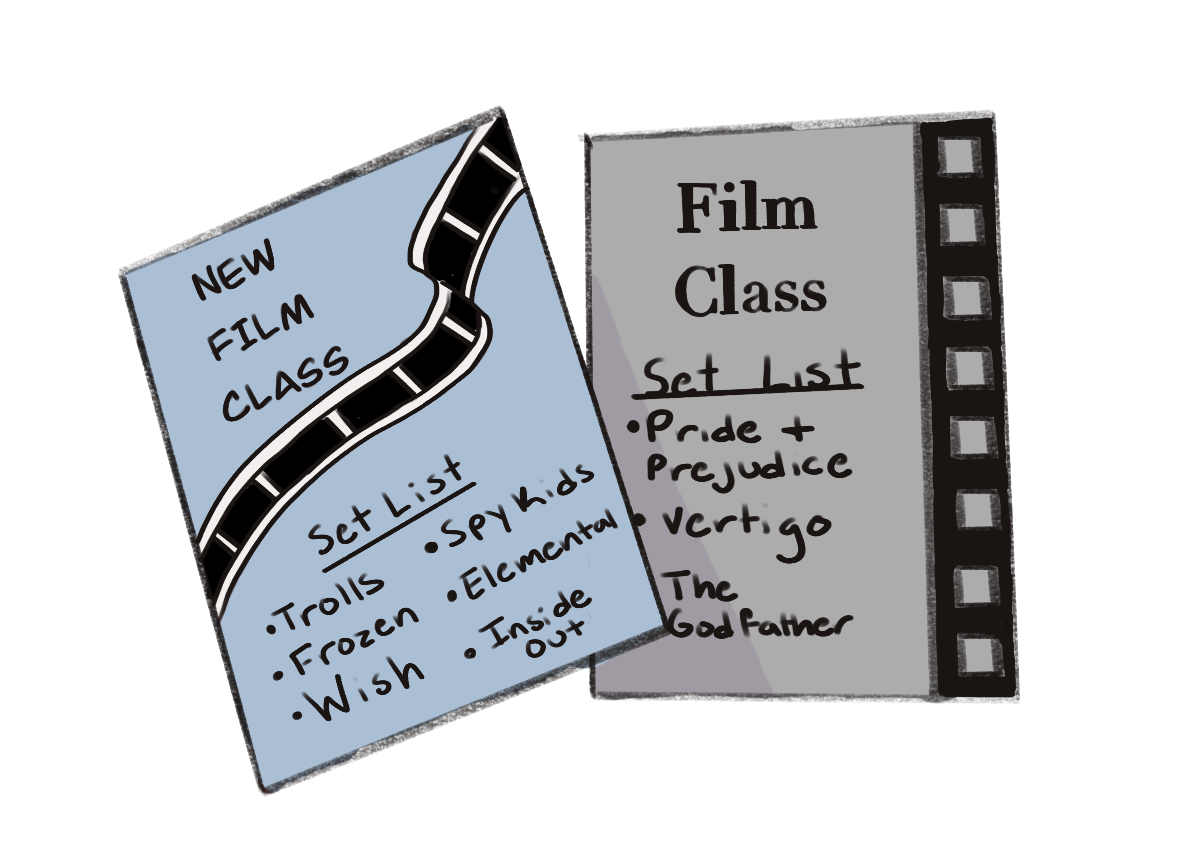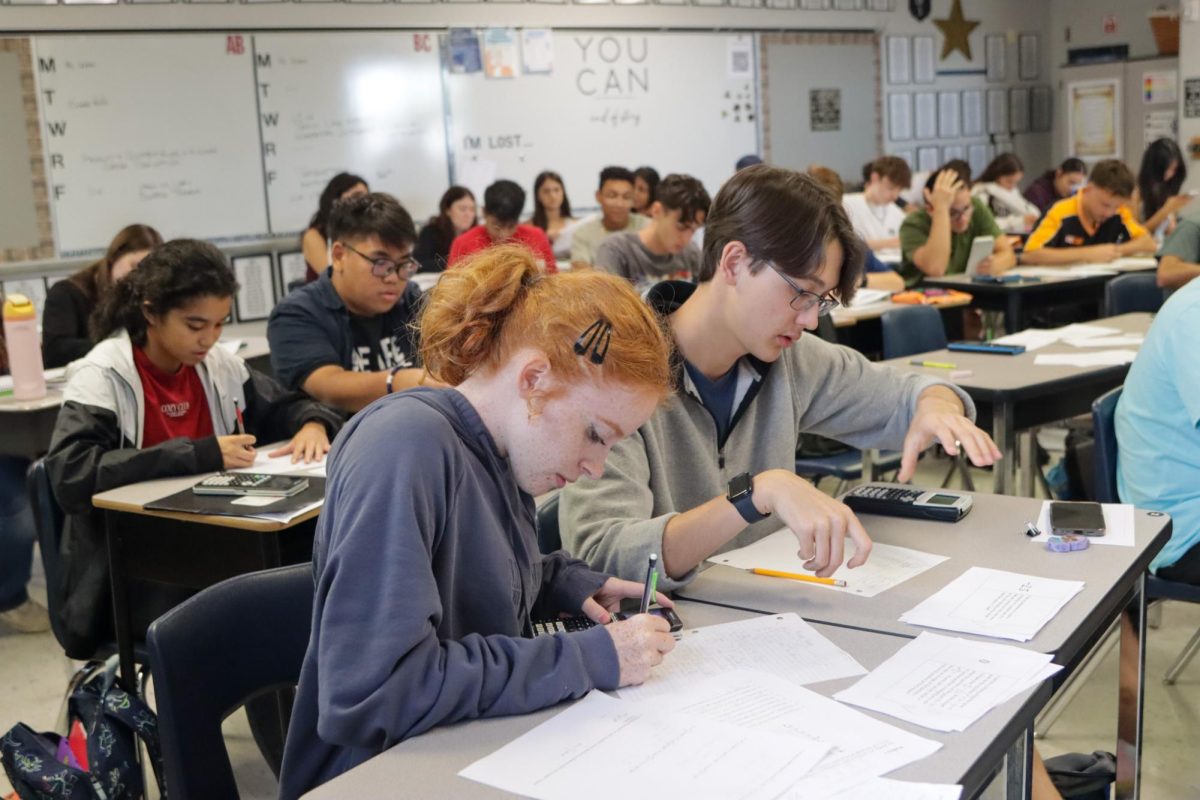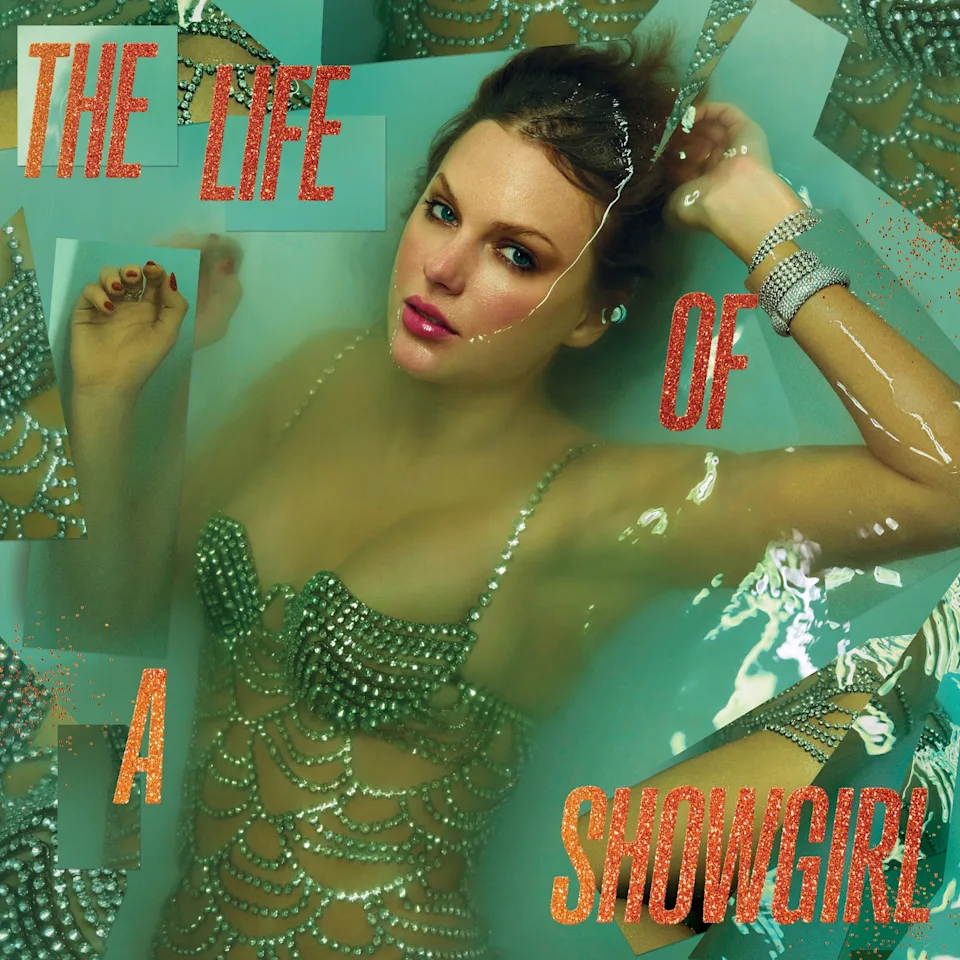At the conclusion of the 2010 film True Grit, an aged Mattie Ross reflects that “time just gets away from us.” Time, for many, is an enemy; it robs us of growing meaningful relationships, making striking societal change and diminishing our youth. It is for these reasons that the Seminole County School Board – and district officials – should be allowing students to get the most out of their education before time for them runs out.
This need is most important in their recent decision to ban rated R movies. Yes, I am one of the film teachers and yes, I have been teaching the course since it was developed through blood, sweat and tears in 2009. Of course, I have a personal stake in keeping the curriculum whole. But the most important reason is to give students a complete education, not one that is rife with just standards, rote tests, and stale textbook exercises.
True, there are many rated PG & PG-13 movies worthy of our time. But do any of them show the horrors of D-Day like Spielberg’s Saving Private Ryan; the true influence on the psychological thriller like Hitchcock’s Psycho; or the need for satire like Tarantino’s Once Upon a Time…in Hollywood. Given what students (juniors and seniors with parental permission – what happened to parental rights??) watch on their own and hear in the hallways, is it not better to present them with these “subversive” movies under the guidance of teachers who have endlessly studied the contributions of cinema to our society? Or are we really just afraid to grow a student’s critical thinking skills – even though we claim they need it – because we are afraid of what their knowledge can do?
Of course, the issue here is a lack of trust – in teachers. Some have indeed irresponsibly used films in the classroom; but why are the masses – and our students – the ones to suffer courtesy of the micromanaging on which SCPS insists? Shockingly it is the norm that those making this latest decision have never developed notes on a film, discussed director’s purpose or created high-level test questions on film metaphors. And while all this can be done with (almost) any film, the American Film Institute clearly defines the greatest movies that reflect America and many of them are rated R. This is a student’s chance to see films he or she normally wouldn’t – a detriment to critically understanding American culture.
While the state has recently made changes to allow parents full transparency related to their children’s education and even have a say in it, nowhere does it say specifically that rated R movies are banned. The laws are often left open to the interpretation and subjectivity of school districts; therefore, it is our district making the choice to narrowly interpret out of fear, fear of state reprisal or fear of parents (then don’t sign the permission slip) bringing the district to court. Rather than fear, our district should show bravery in trusting teachers to know best and allow students to have the complete education the powers that be claim to support – before time runs out.








